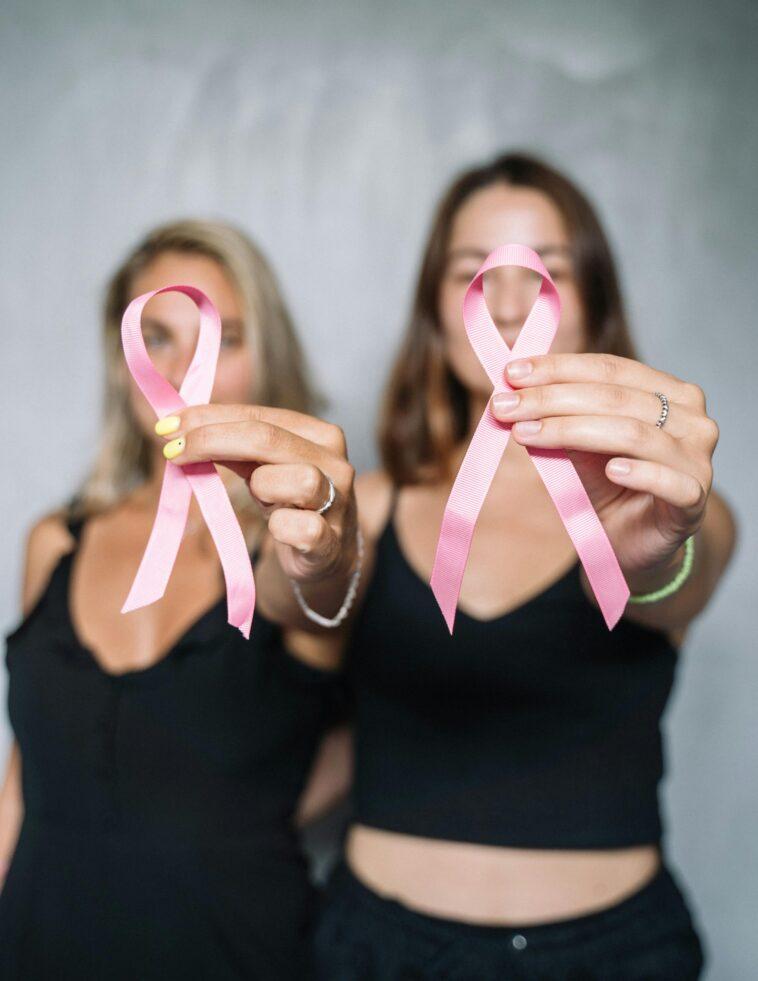Breast cancer is often clouded by misconceptions that can lead to confusion and misinformation. It’s important to understand the facts to promote awareness and proactive health measures. Here, we debunk some prevalent myths about breast cancer and highlight the truth.
Myth: Men Do Not Get Breast Cancer
Truth: Contrary to popular belief, men can and do develop breast cancer. This year, approximately 2,800 men in the United States are expected to be diagnosed, with around 530 fatalities. Although the numbers are smaller compared to women, men should perform regular breast self-exams, especially noting any changes like hard lumps under the nipple and areola. Alarmingly, men face a 19% higher mortality rate than women, often due to lower awareness and the tendency to dismiss symptoms as non-threatening.
Myth: Antiperspirants and Deodorants Cause Breast Cancer
Truth: There is no conclusive evidence linking the use of antiperspirants or deodorants to breast cancer. The American Cancer Society states that no strong studies support this claim. It’s essential to focus on proven risk factors instead.
Myth: Breast Size Influences Cancer Risk
Truth: There is no correlation between breast size and the likelihood of developing breast cancer. While larger breasts may pose challenges in self-examination, risk factors such as obesity and breast density are more relevant. Family history and lifestyle choices also play significant roles in breast cancer risk. Regardless of size, all women should conduct regular self-exams and attend annual check-ups, especially those aged 40 and older.
Myth: Breast Cancer Only Affects Older Women
Truth: While the majority of breast cancer cases occur in women over 40, it can affect younger individuals as well. About 9% of new cases are diagnosed in women under 45, and these cases often present at a later stage according to the CDC. The American Cancer Society notes that women in the U.S. have a 1 in 8 chance of developing breast cancer in their lifetime, with risk increasing with age. Women with a family history should begin screenings 10 years prior to their relative’s age at diagnosis.
Myth: Finding a Lump Means You Have Breast Cancer
Truth: Most breast lumps are benign, but any new or persistent lump should be evaluated by a healthcare professional. Early assessment through clinical exams and imaging is key. Regular self-exams and communication with your doctor are vital components of breast health.
Myth: All Breast Cancers Are the Same
Truth: Breast cancer is not a one-size-fits-all disease. There are various types, including invasive ductal carcinoma (IDC), which accounts for 70-80% of cases, along with inflammatory breast cancer and triple-negative breast cancer. Each type has distinct characteristics, treatment options, and prognoses. Understanding the specifics of breast cancer is crucial for effective management and treatment.
Myth: A Family History of Breast Cancer Guarantees You Will Develop It
Truth: Although family history can increase risk, most women diagnosed with breast cancer do not have a family history. Only 5-10% of cases are hereditary. Awareness of family history is important for tailoring screening strategies, but it is not the sole indicator of risk.
Understanding Your Risk Factors
If you have a first-degree relative (mother, daughter, sister) diagnosed with breast cancer, you should consider starting breast imaging 10 years before their age at diagnosis. If you have a second-degree relative, your risk is slightly elevated, but not as significantly as with first-degree relatives. For families with multiple cases or those diagnosed at a young age, genetic testing for mutations like the BRCA gene may be recommended.
Understanding the realities of breast cancer is crucial for prevention and early detection. By dispelling myths and promoting accurate information, we can encourage individuals to take charge of their health through regular screenings, self-exams, and informed discussions with healthcare providers.
Source: https://www.nationalbreastcancer.org/breast-cancer-myths/







Comments